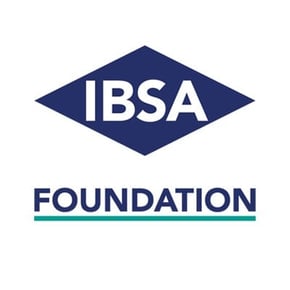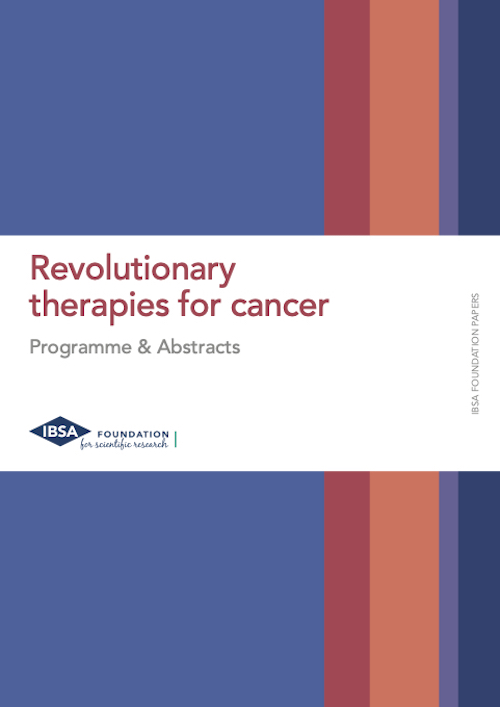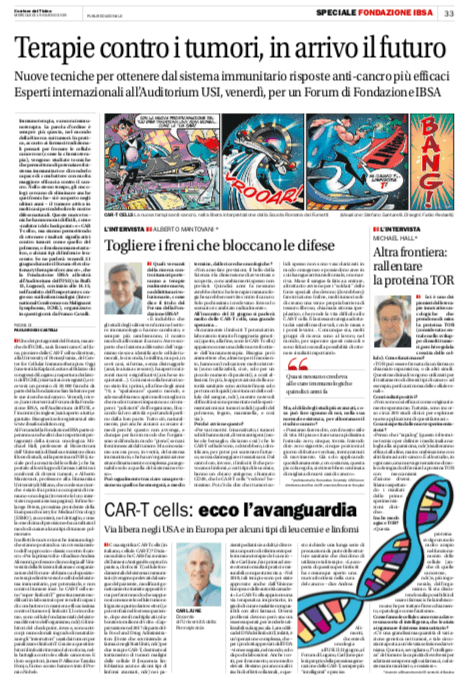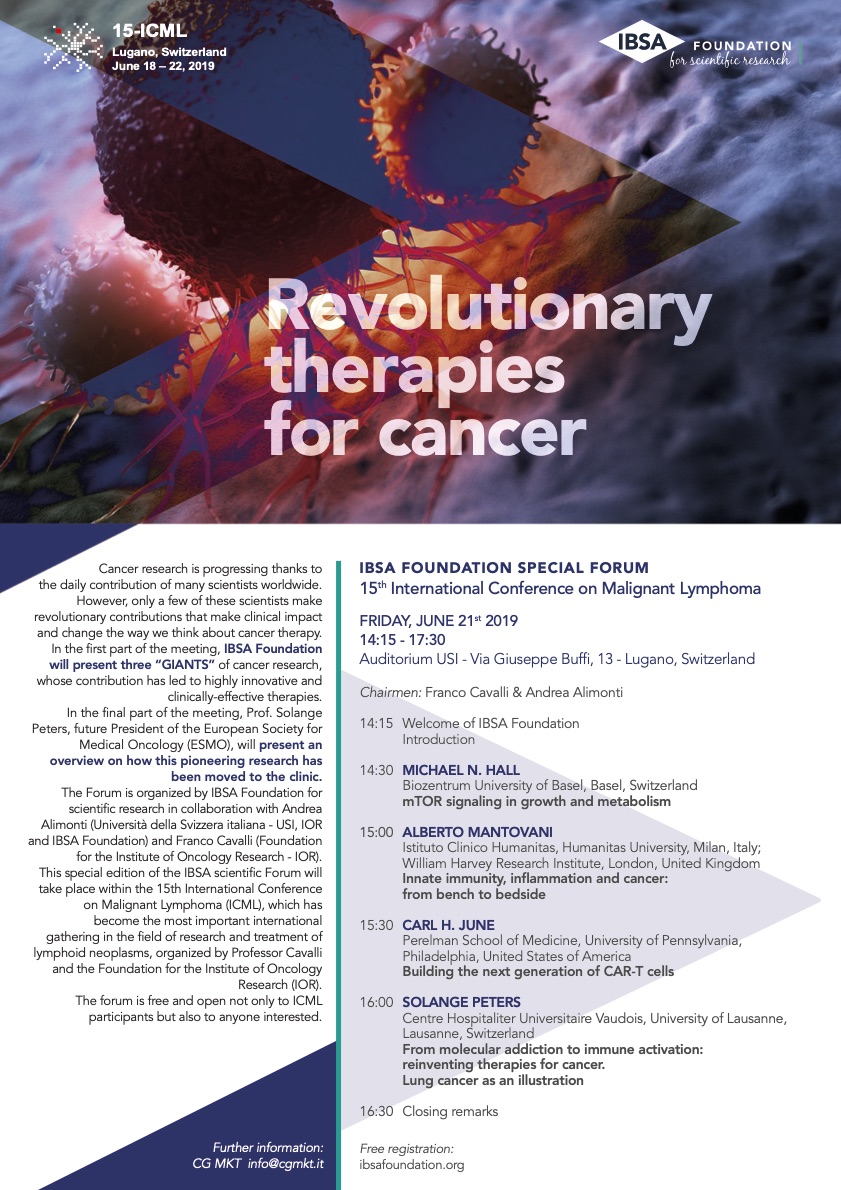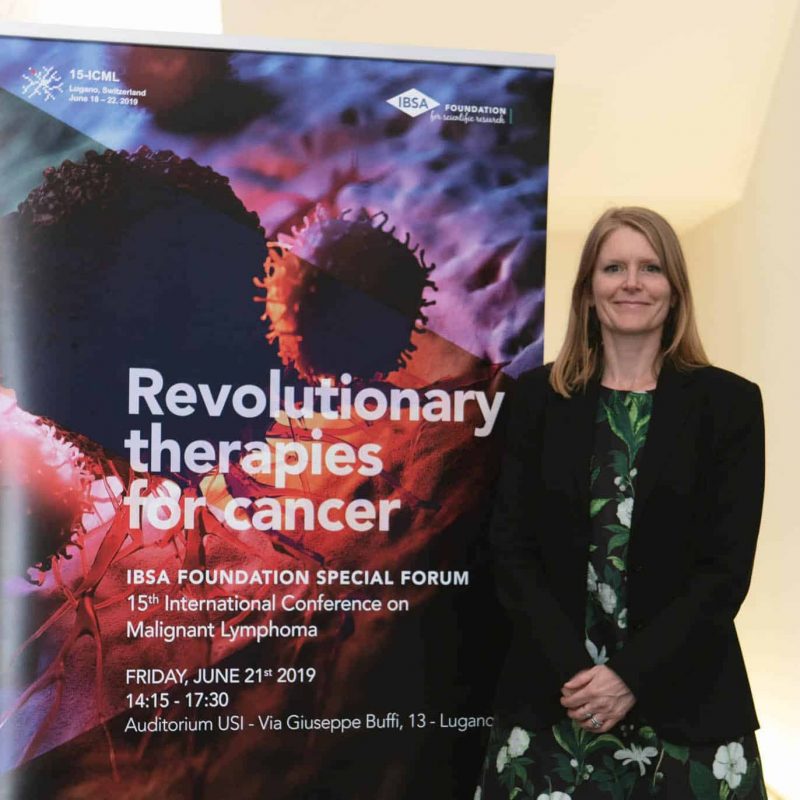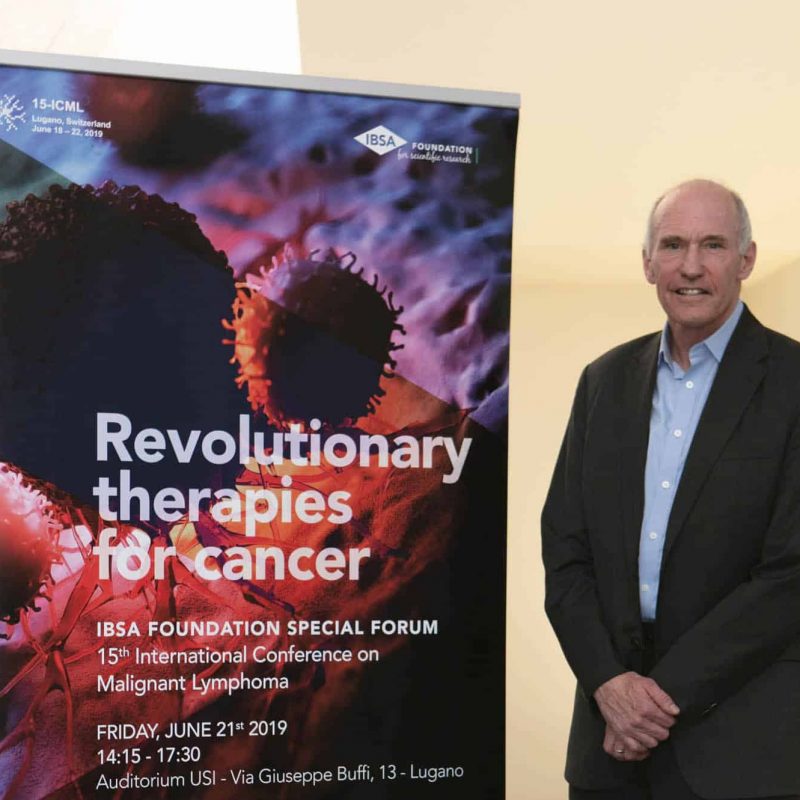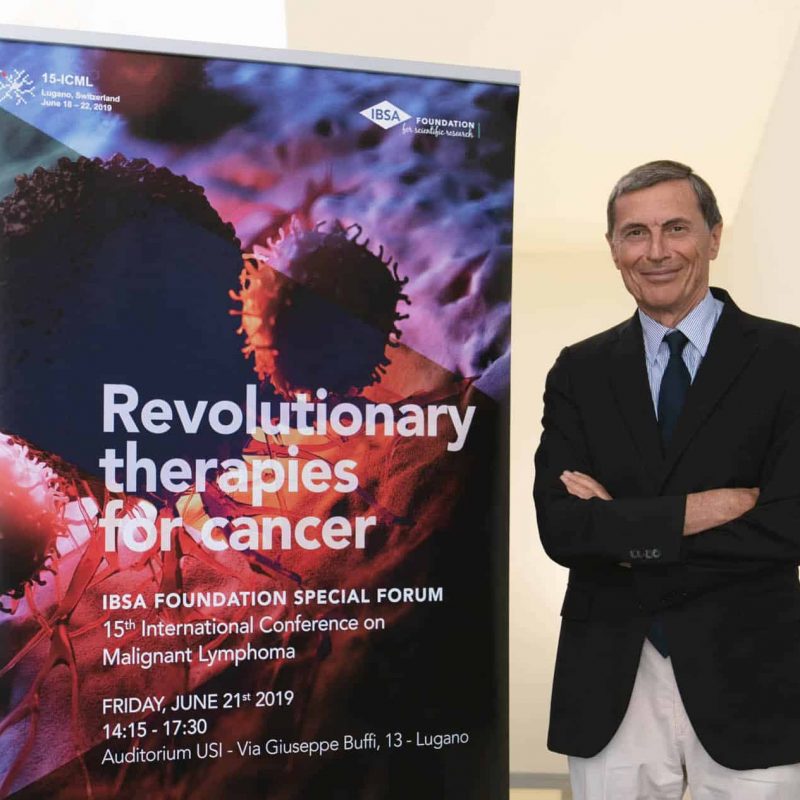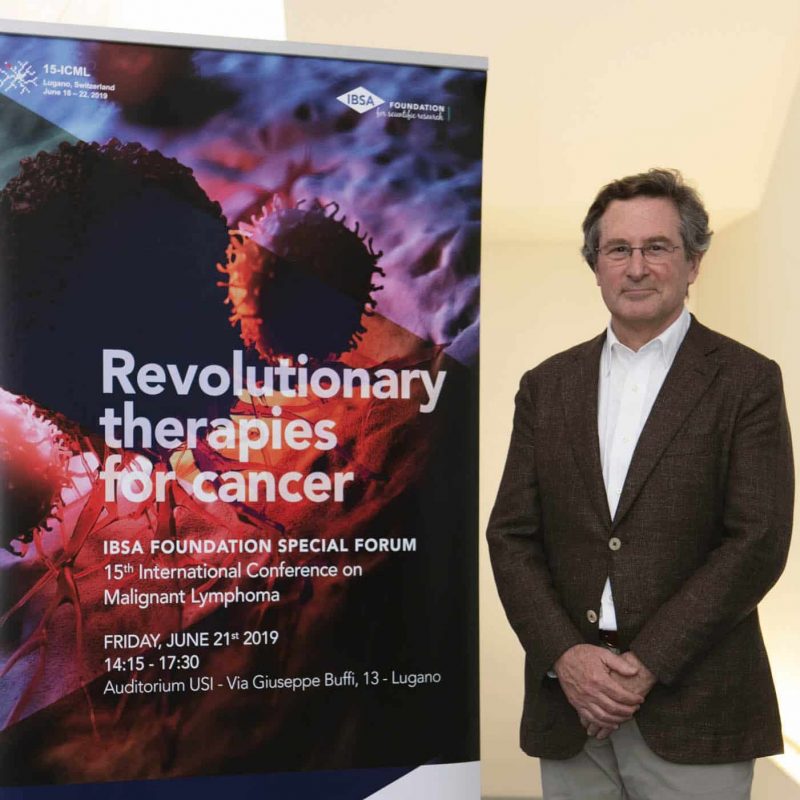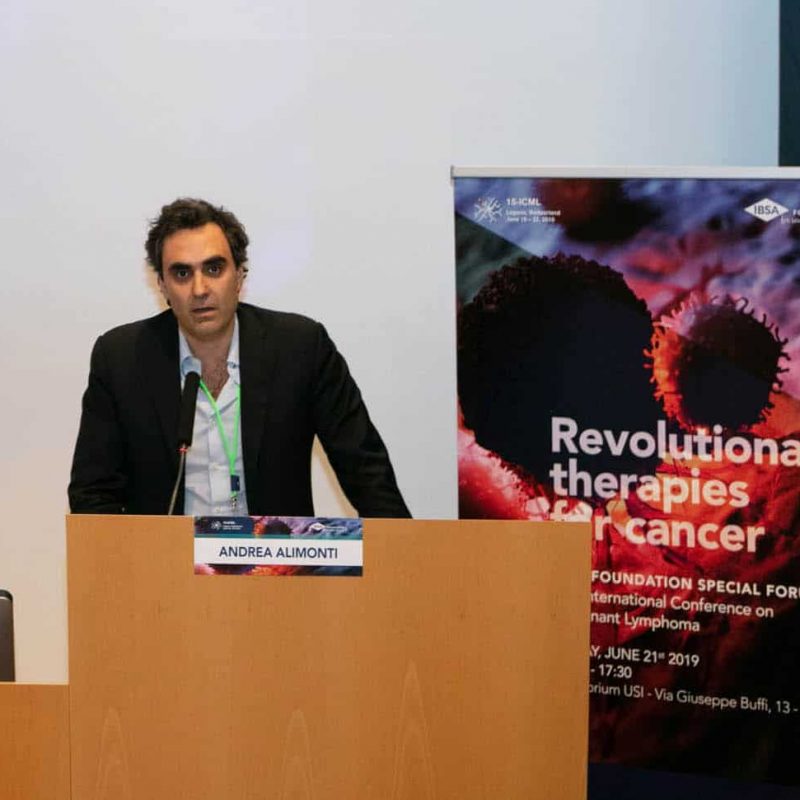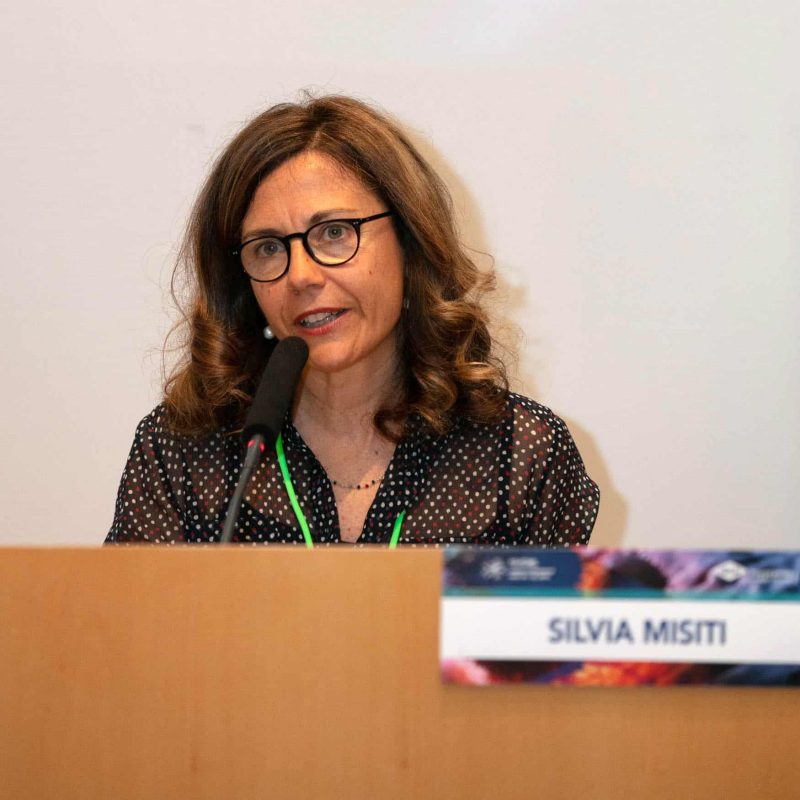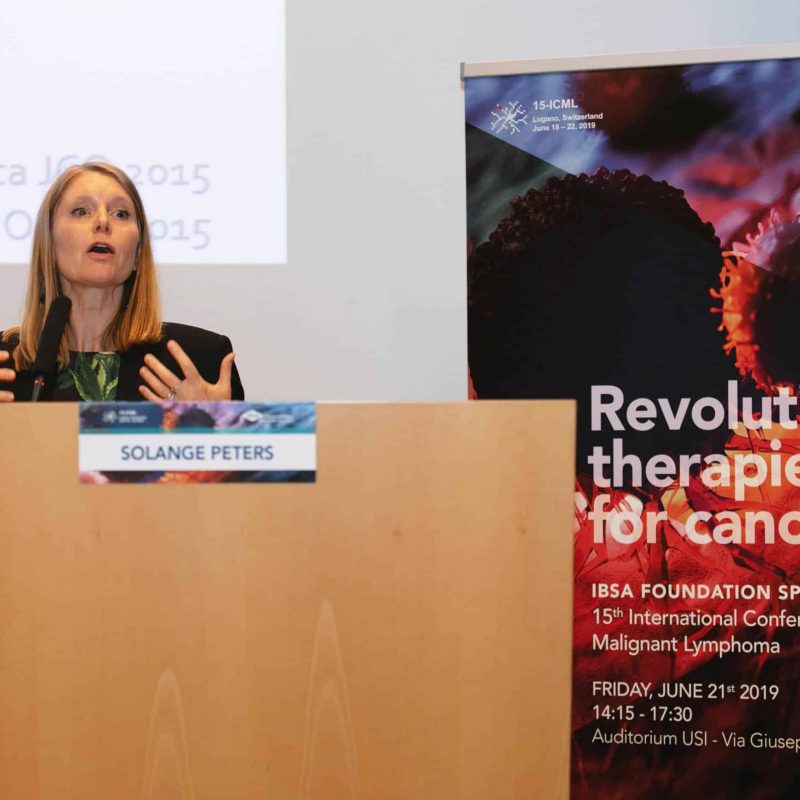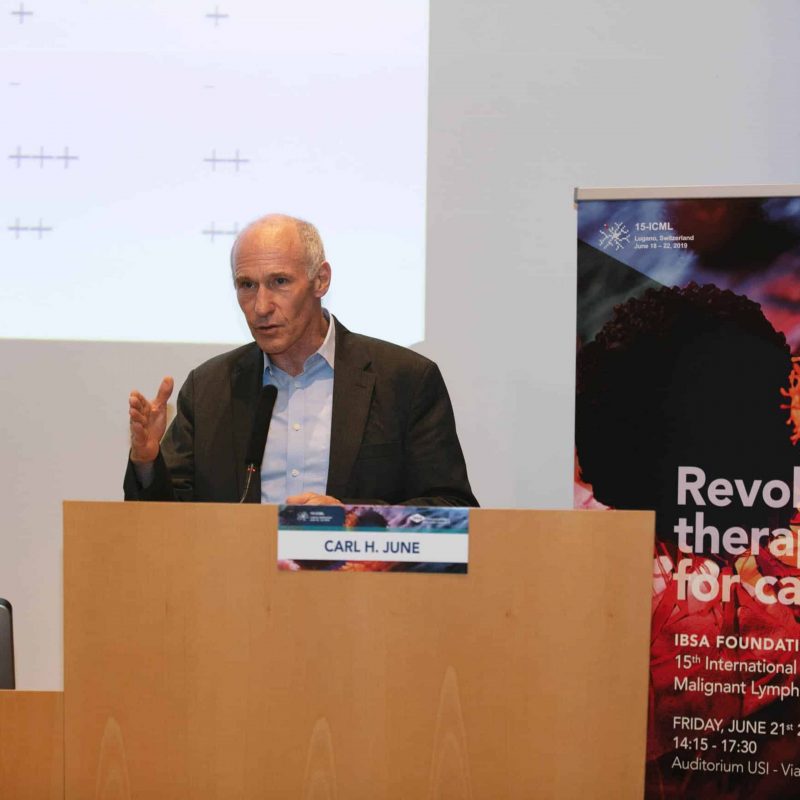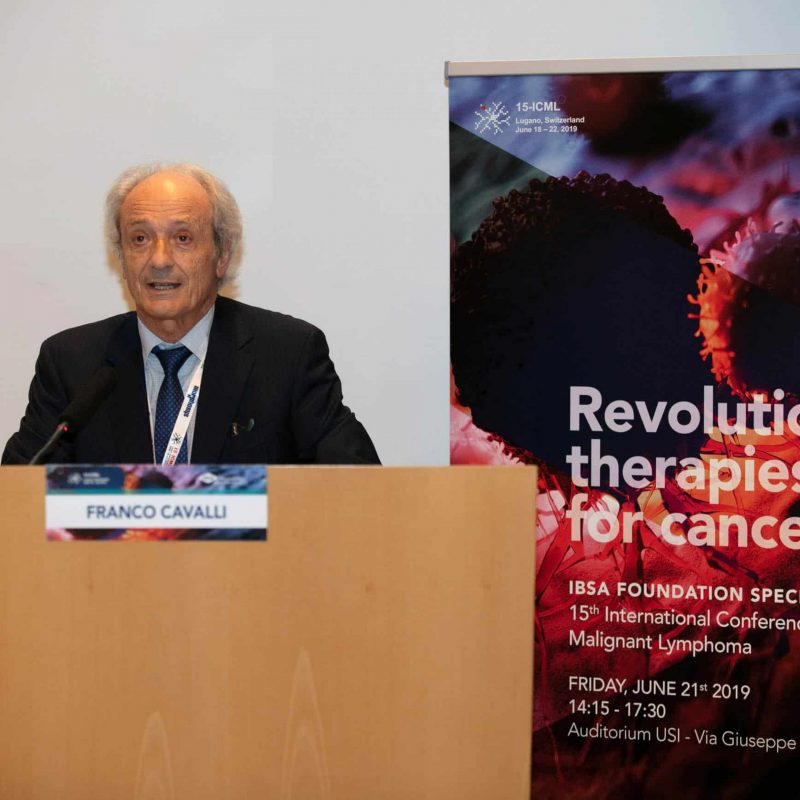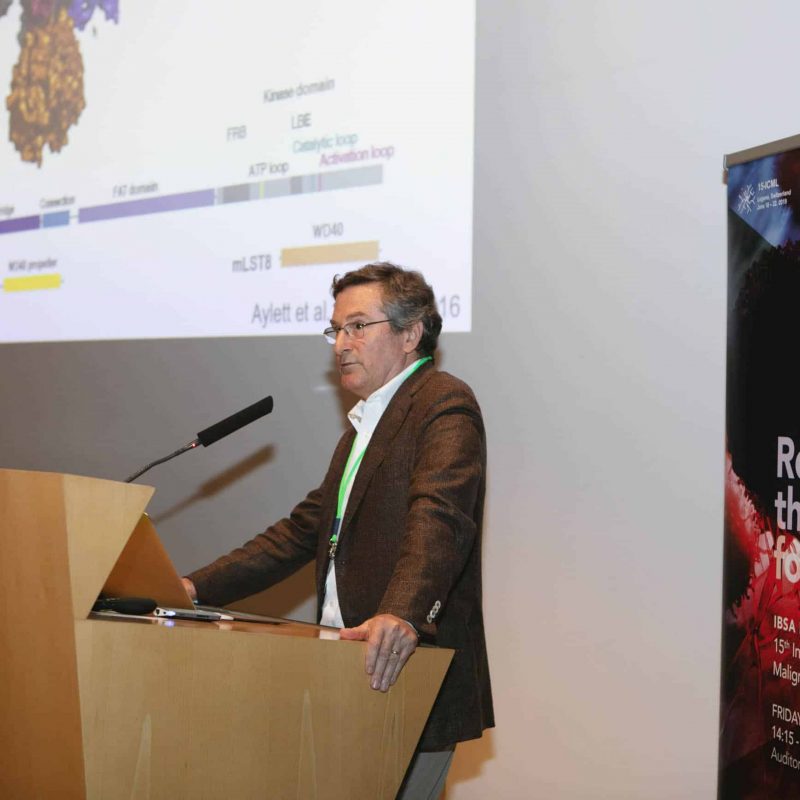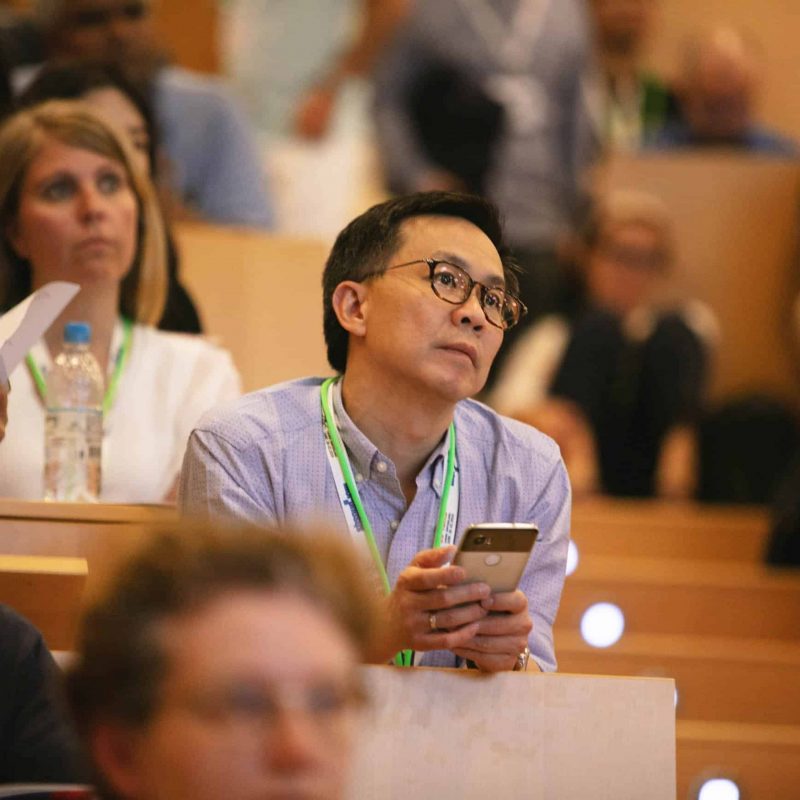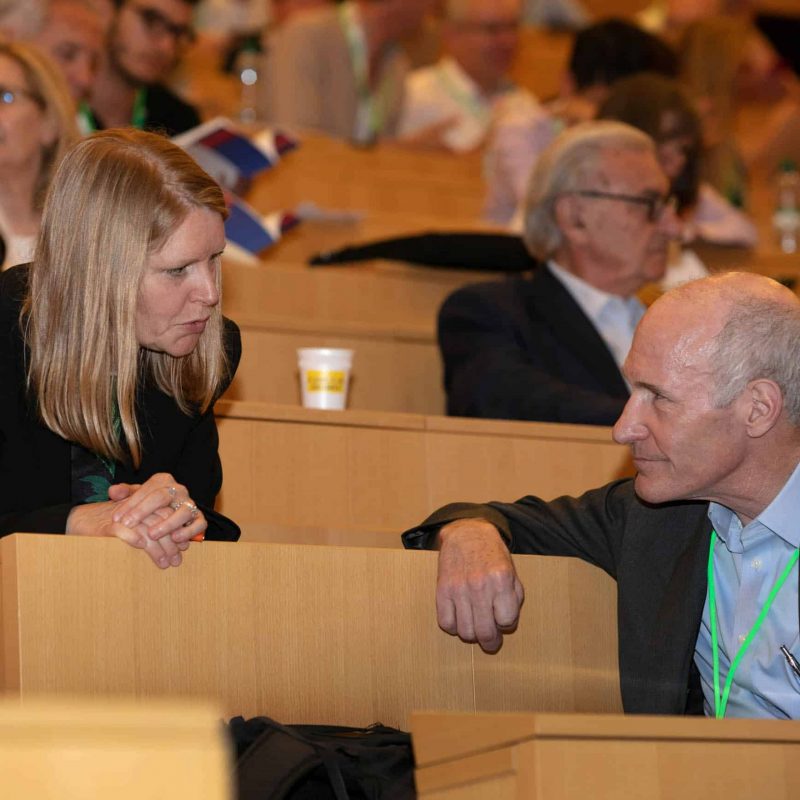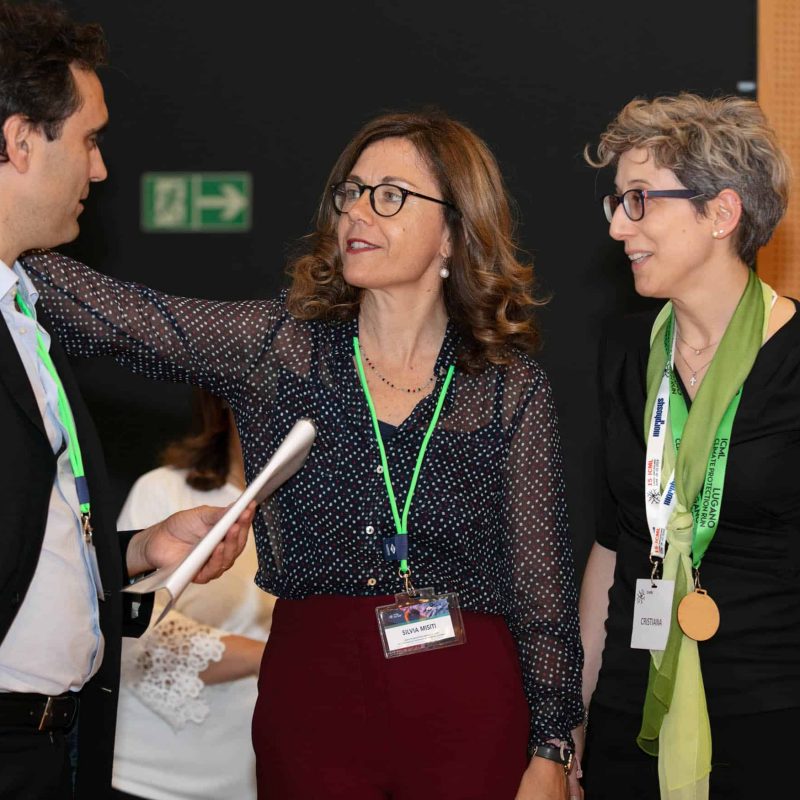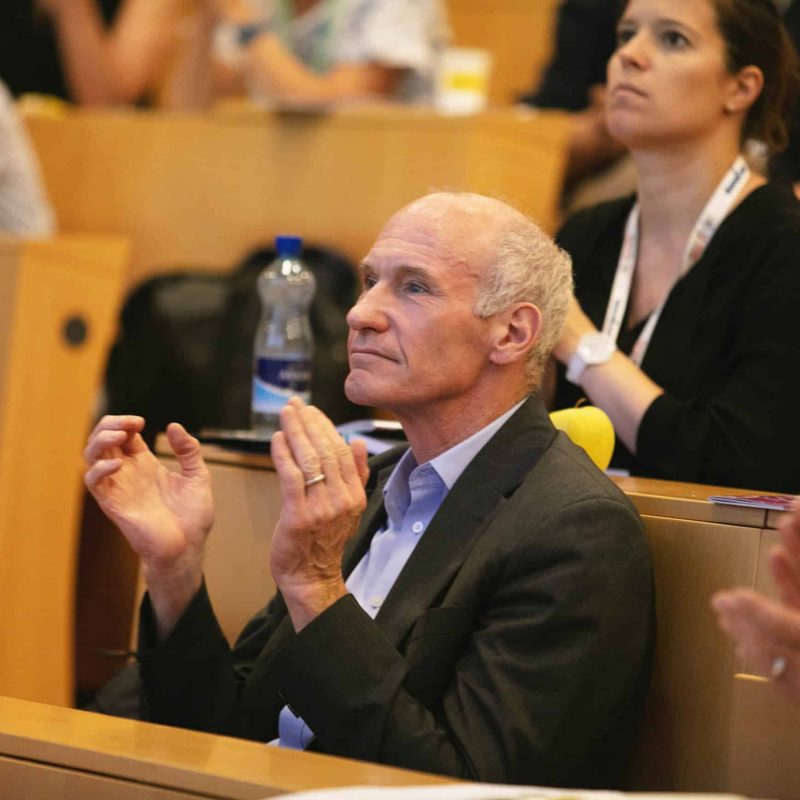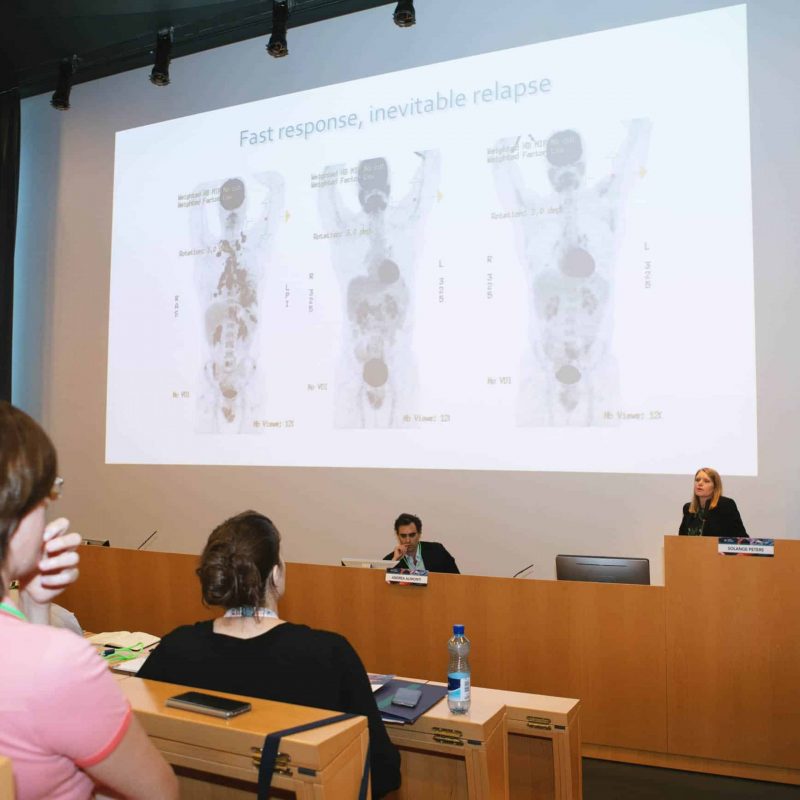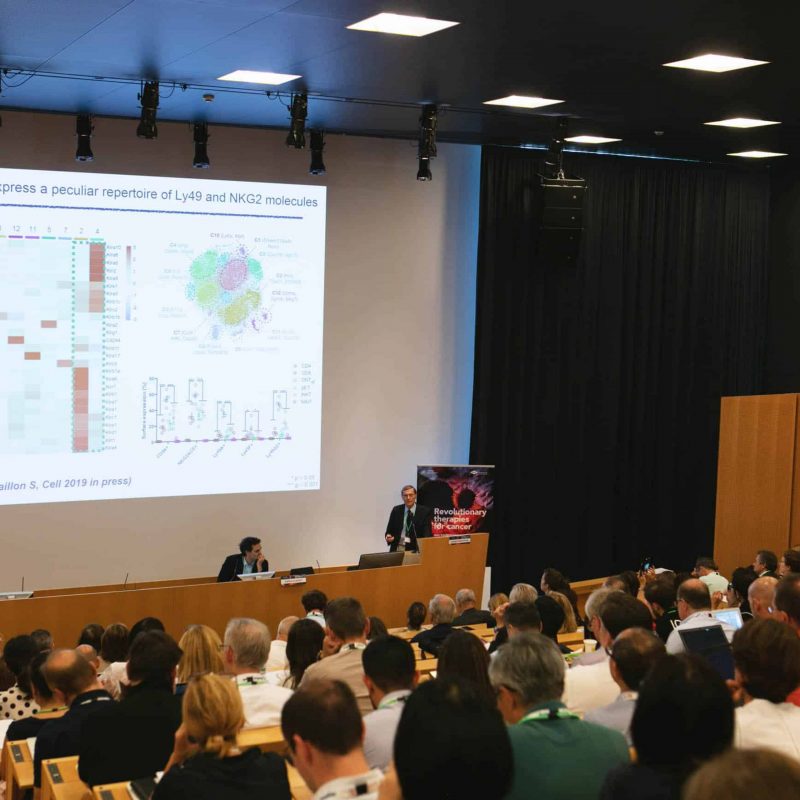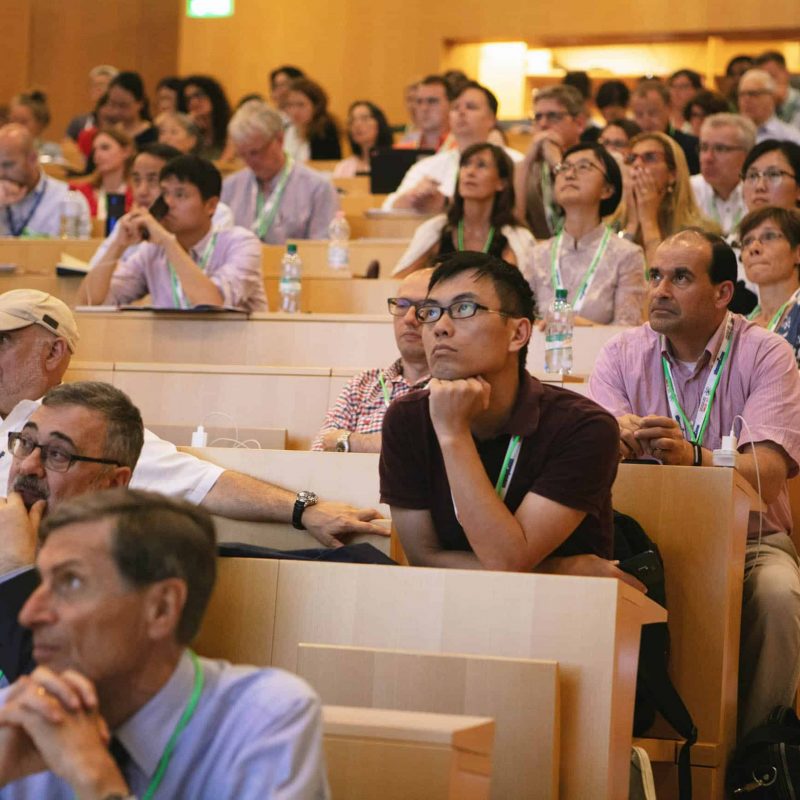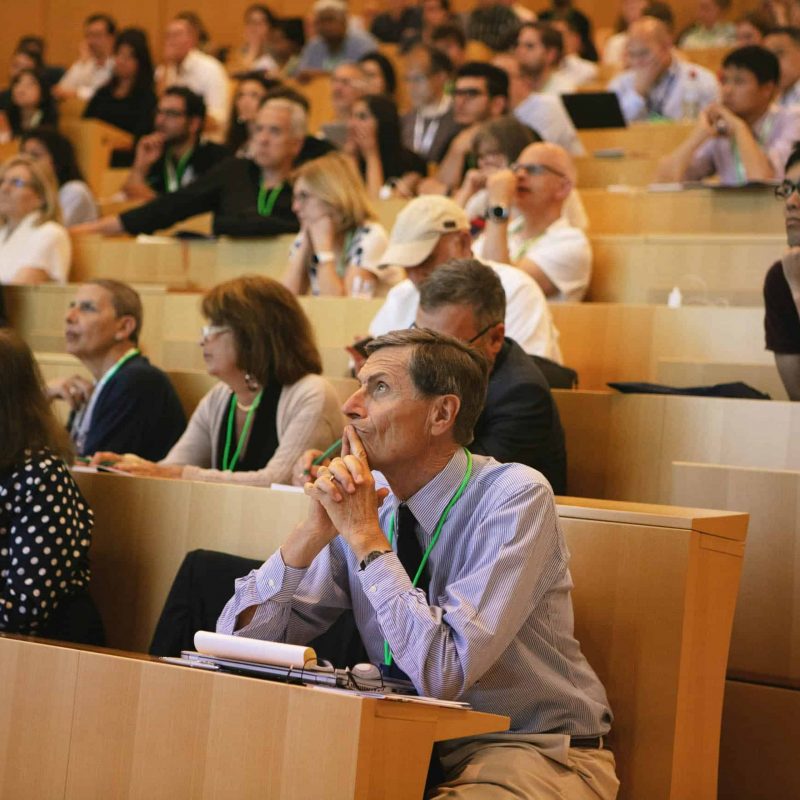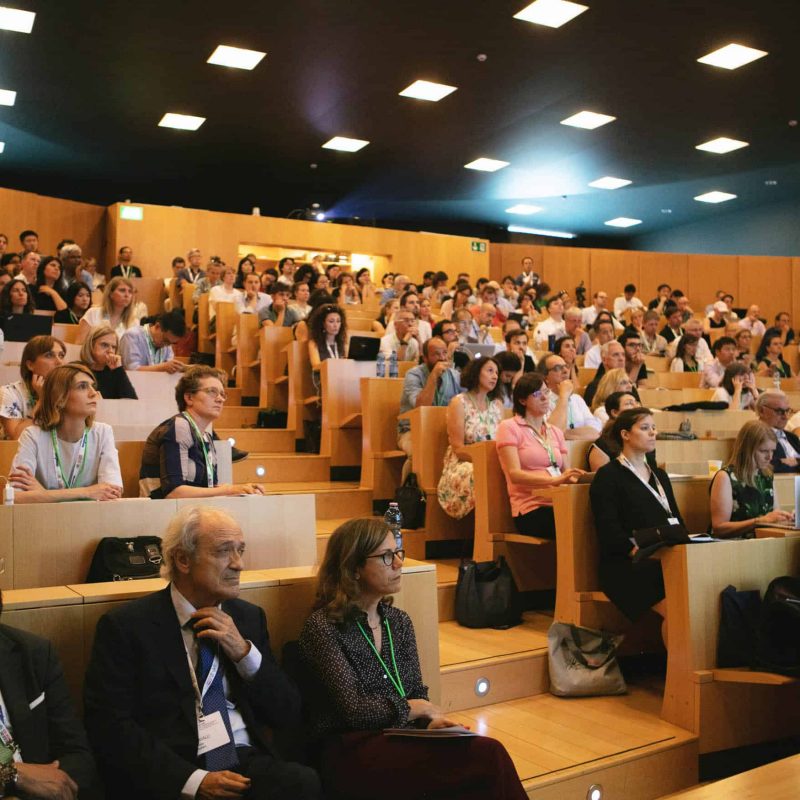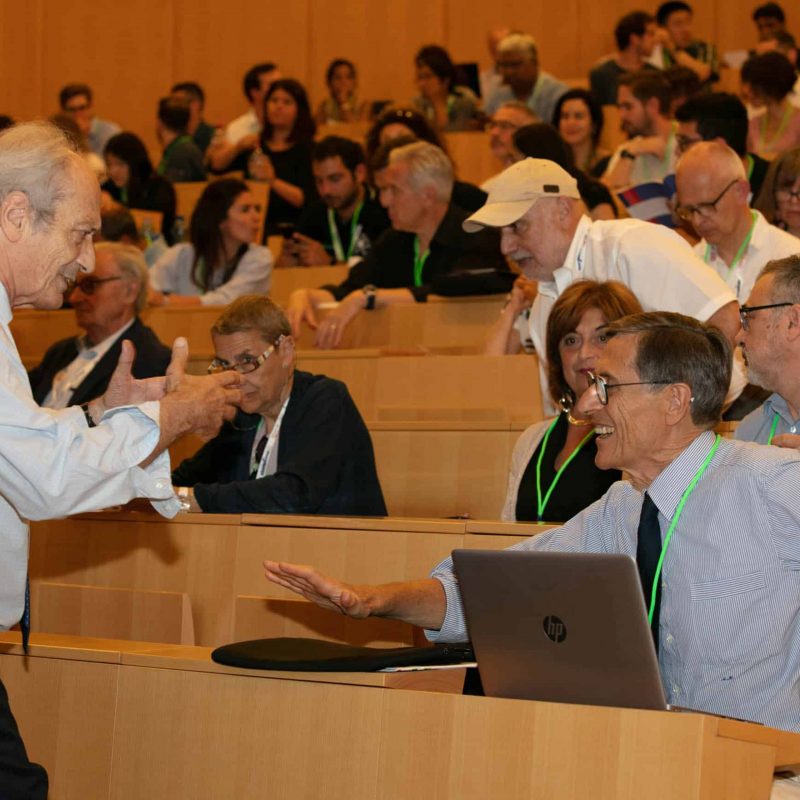What is the most advanced research in the oncology sector? What truly new frontiers are being opened in the fight against cancer? The Forum dedicated to these subjects, “Revolutionary therapies for cancer”, organized by IBSA Foundation, held on June 21 in the Auditorium of USI (University of the Italian-speaking part of Switzerland).
In the first part of the Forum, IBSA Foundation presented three international “giants” of cancer research: Michael Hall, professor at the Biozentrum of the University of Basel, winner of the prestigious Lasker award and discoverer of the important anti-cancer therapy linked to the inhibition of a protein called TOR; and Alberto Mantovani, professor at the Humanitas University of Milan and scientific director of the Humanitas Research Hospital, who in the 1970s was one of the first people in the world to discover the mechanisms that cancer cells activate to block the natural defences of the body; Carl June, director of the Center for Cellular Immunotherapies of the University of Pennsylvania and pioneer of “CAR-T cells” (autograft of lymphocytes enhanced through genetic engineering).
In the final part of the meeting, Prof. Solange Peters, the future President of the European Society for Medical Oncology (ESMO), presented an overview on how this pioneering research has been moved to the clinic.
The Forum is organized by IBSA Foundation in collaboration with Andrea Alimonti (USI, IOR and IBSA Foundation) and Franco Cavalli (Foundation for the Institute of Oncology Research – IOR).
This special edition of the IBSA scientific forum took place within the 15th International Conference on Malignant Lymphoma (ICML), which has become the most important international gathering in the field of research and treatment of lymphoid neoplasms, organized by Professor Cavalli and the Foundation for the Institute of Oncology Research (IOR).
The contents of the speeches are available in the article “Therapies for cancer, new lines of research“.
Location
Auditorium USI – Lugano – Switzerland
Date
June 21, 2019
Press Review
click here to download the PDF
Speakers
- Prof. Dr. Michael Hall, Biozentrum University of Basel, Switzerland
- Prof. Alberto Mantovani, Humanitas University, Istituto Clinico Humanitas IRCCS, Milan, Italy
- Prof. Carl June, University of Pennsylvania Perelman School of Medicine, Philadelphia, USA
- Prof.ssa Solange Peters, Centre Hospitalier Universitaire Vaudois, Losanna, Switzerland
Forum’s Scientific Committee
- Andrea Alimonti, Institute of Oncology Research (IOR), Bellinzona, Switzerland; Università della Svizzera italiana (USI), Lugano, Switzerland; Department of Medicine, University of Padua, Padua, Italy; Veneto Institute of Molecular Medicine (VIMM), Padua, Italy
- Franco Cavalli, Foundation for the Institute of Oncology Research (IOR), Bellinzona, Switzerland
- Silvia Misiti, IBSA Foundation for scientific research, Lugano, Switzerland
Video
Video interviews
THE MECHANISMS OF IMMUNOTHERAPY
Andrea Alimonti – USI, IOR and Scientific Board of IBSA Foundation
Immunotherapy tries to strengthen the defence mechanisms that are already present in any patient, to fight cancer in a better way. These days we have many types of immunotherapy: we can, for example, reactivate the function of T cells, called “check-point inhibitors”. Another recent discovery is the possibility of using the T-cells of a patient to modify them genetically in the lab and reinfuse them into the patient to improve the activity of these “super T lymphocytes”.
These are the two main types of immunotherapy available at the moment, but we are confident that in the future there will be others, such as, for example, the possibility of blocking the immune cells that are present in the tumor.
IBSA Foundation is doing a great job at trying to spread knowledge of basic translational clinical research and is doing so by organizing events in which you can really meet the most state-of-the-art researchers that have made a decisive contribution in their fields. It is really atypical for a Foundation to be able to reach that kind of level and to give post-doctoral students or young clinicians the possibility to meet these people here in Lugano, in other parts of Switzerland or in Italy.
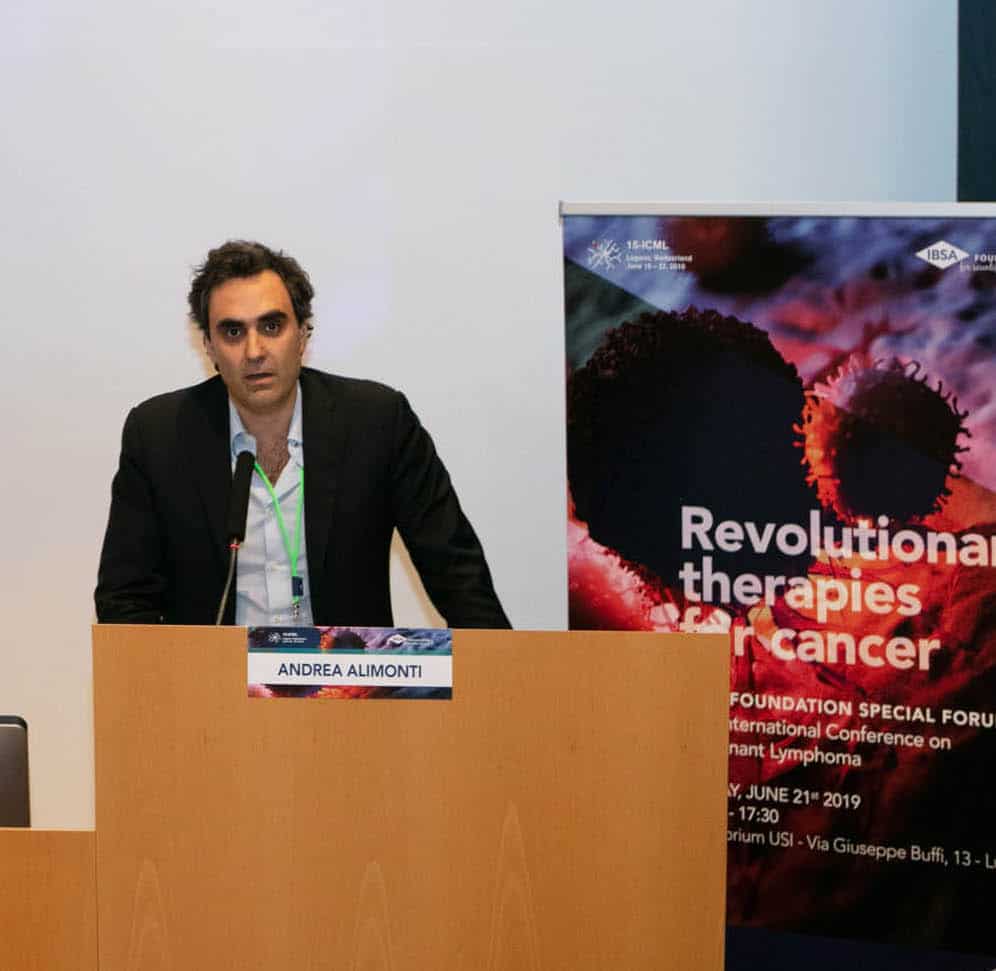
THE mTOR PROTEIN
Michael Hall – Biozentrum University of Basel, Switzerland
The role of mTOR (target of rapamycin) is really important in controlling the growth of single cells and many metabolic processes in response to the different factors that collectively control the growth, metabolism and longevity of healthy cells. Of course, TOR is a key component in the development of many tumors since it appears to be mutated in many human diseases and especially in several kinds of cancer.
One of the challenges for the future is to deal with a very complex pathway; in fact, it is more than a single pathway, it is a network, and we have to understand exactly how all the aspects of this network are controlled and in turn how to control them from the outside, for example, with targeted therapies. For TOR we have one clinically-approved drug that targets this pathway, but there are many more that have to be developed and we still have a long way to go.
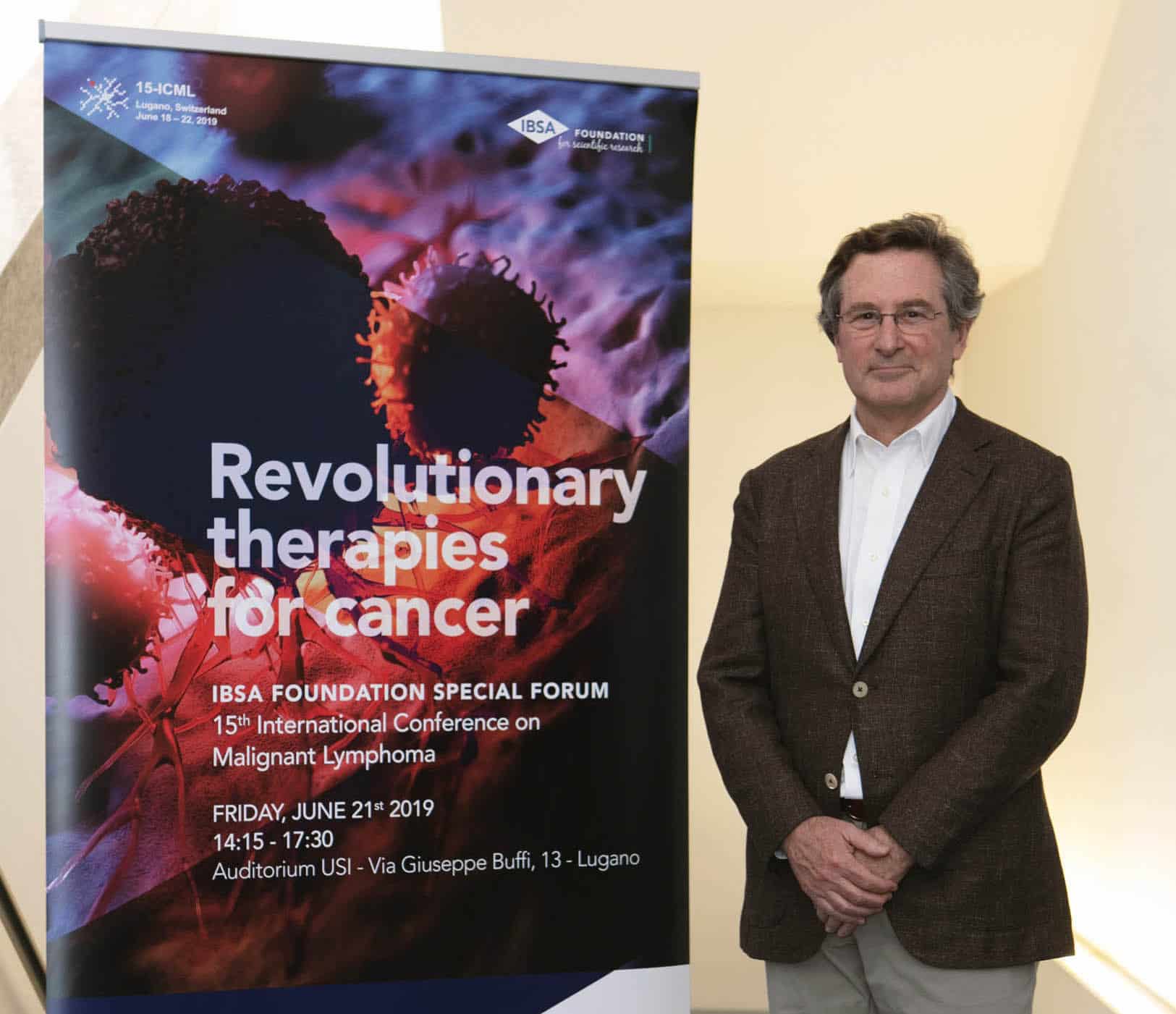
THE ROLE OF MACROPHAGES
Alberto Mantovani – Università Humanitas, Istituto Clinico Humanitas IRCCS, Milan, Italy
A tumor is not made only of tumor cells, but also of leukocytes, and in particular macrophages. Macrophages behave like corrupted policemen, because the block the “good guys”, the good policemen (the T-cells), and help tumor cells to grow. Targeting the macrophages and “re-educating” the corrupted policemen is a new frontier in the treatment of cancer.
I strongly feel that, as a scientific community, we have a duty to share what we do in an understandable way and, with a lot of humility, to make ourselves understood. So I think that IBSA Foundation is sub-serving this fundamental function that we have as a community and in particular I soundly appreciate what IBSA Foundation does for the lay public and for young people, for instance, with the comic books on immunology. I think that this is absolutely fundamental.
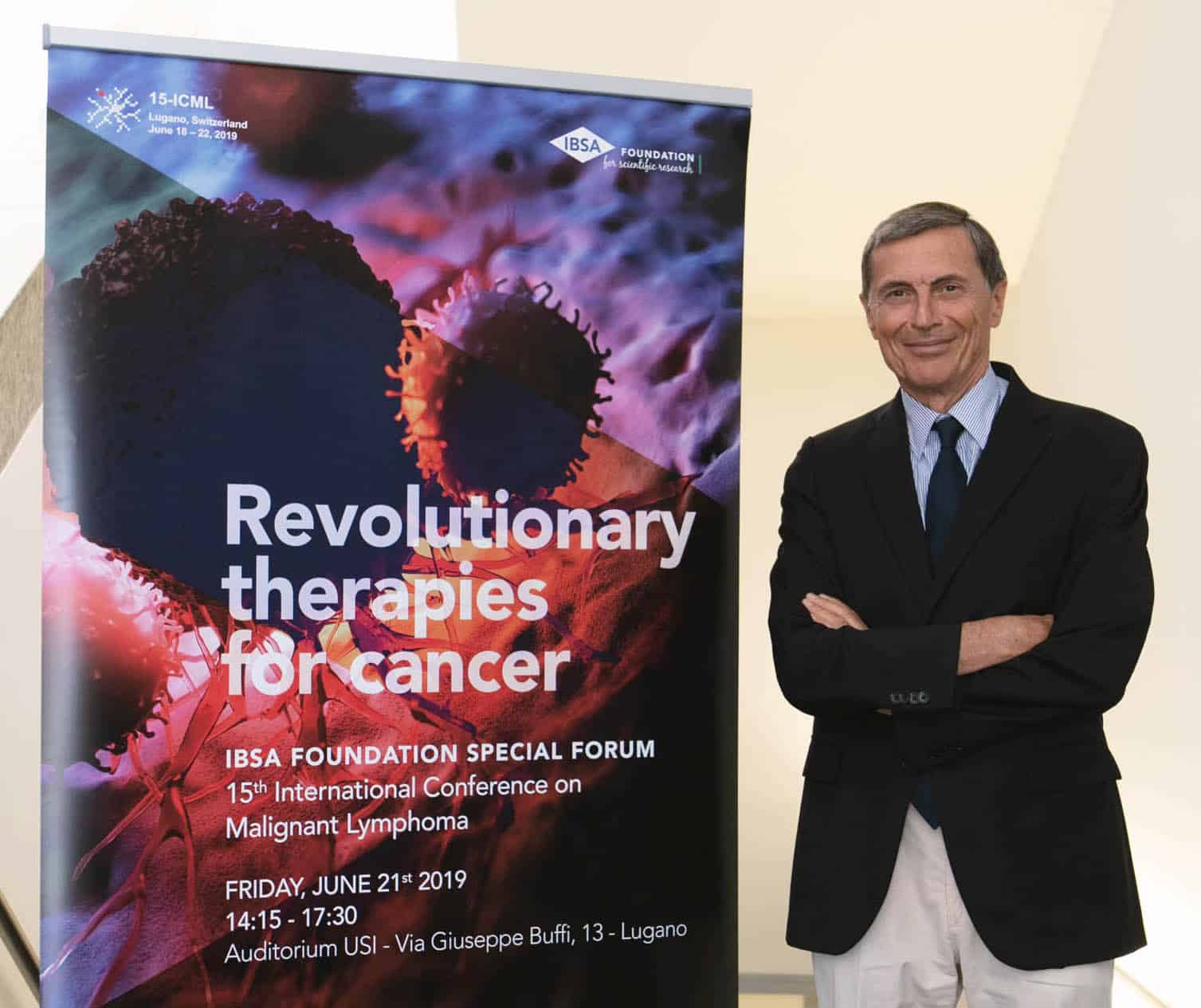
CAR-T CELLS
Carl June – University of Pennsylvania Perelman School of Medicine, Philadelphia, USA
CAR-T cells are drawn form the patient’s own white blood cells, using a process of genetic engineering. They are a so-called “living drug” because they live in the patient for years: our first patients were treated in the summer of 2010 and they still have active CAR-T cells in their bodies. Following their approval in 2017 by the Food and Drug Administration for leukaemia and now lymphoma, recently the results of a next generation of CAR-T cells, effective for treating myeloma, have just been published in the “New England Journal of Medicine”. I think that in the next 5 years every blood cancer will have a commercially-approved CAR-T cell therapy.
IBSA Foundation is in a great position to help bring in a new type of therapy like CAR-T cells: physicians need to learn about it and the public also needs to understand what a “living drug” is and what gene modification is. And so that means education is central both to the public and to the physicians. In addition, the training of new physicians is a big mission of IBSA Foundation and I think that this is a perfect area for them to be effective in.
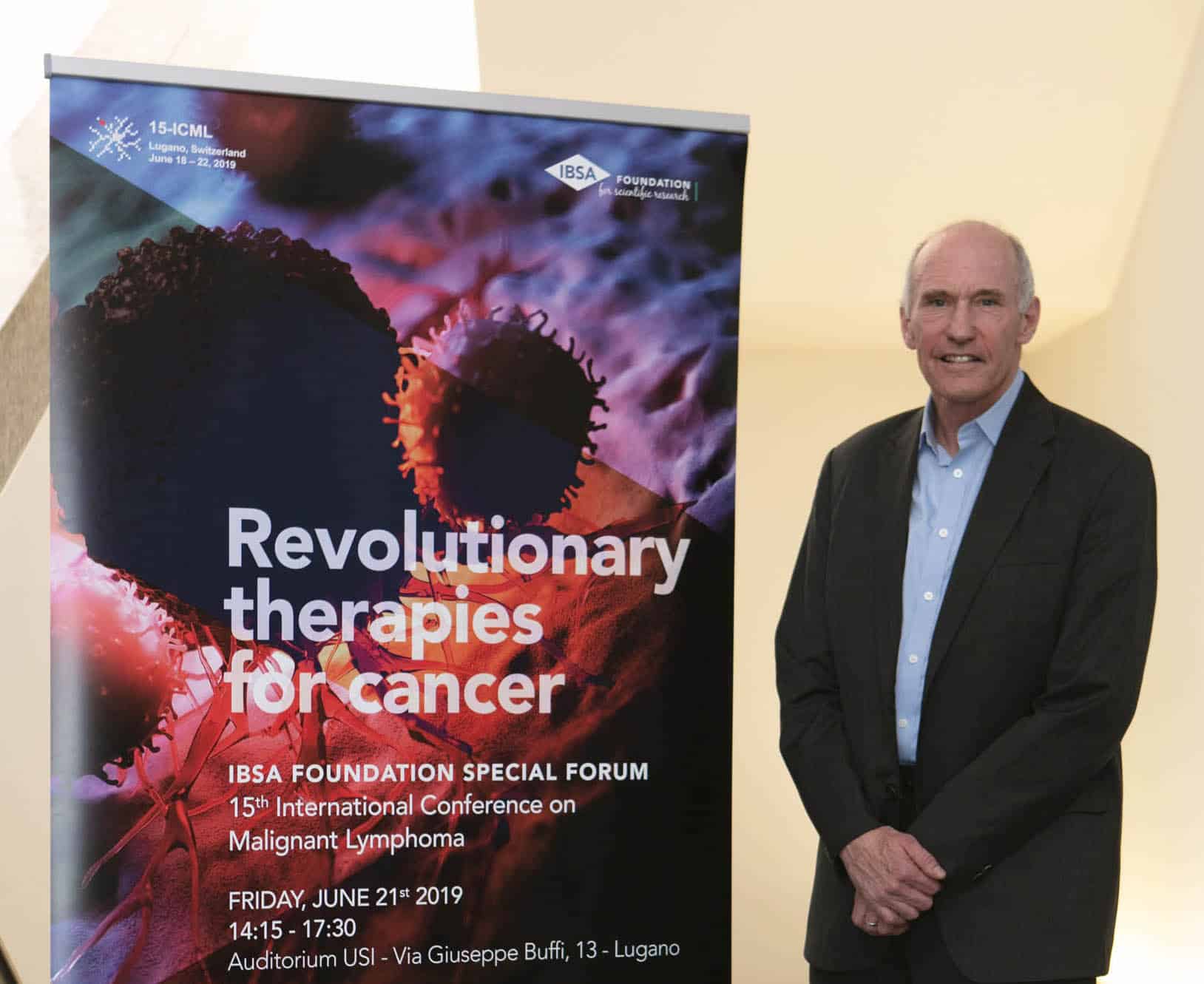
TUMORS AND THERAPIES
Solange Peters – Centre Hospitalier Universitaire Vaudois, Losanna, Switzerland
The paradigm of the treatment of lung cancer has dramatically changed in the last five to ten years, with a better definition of the oncogenesis of the tumor and identifying the various mechanisms leading to cancer. By identifying some of these genetic changes in the tumor, which we call “drivers”, we are able to address or treat some of them at least. Therefore, in certain cases, some patients may not have access to chemotherapy, but rather to a personalized and targeted therapy, which targets the mechanism that has induced the cancer. Already today we can see that not all patients diagnosed with cancer have to receive chemotherapy, but another kind of treatment combined with immunotherapy.
IBSA Foundation takes part in this effort by allowing people to meet, understand and discuss the data, but also by conveying it at all levels of society and the scientific environment. It is also supporting some fellowships, for example, which are extremely important for young oncologists, because we know that young oncologists now need to see different environments in the development of their careers.
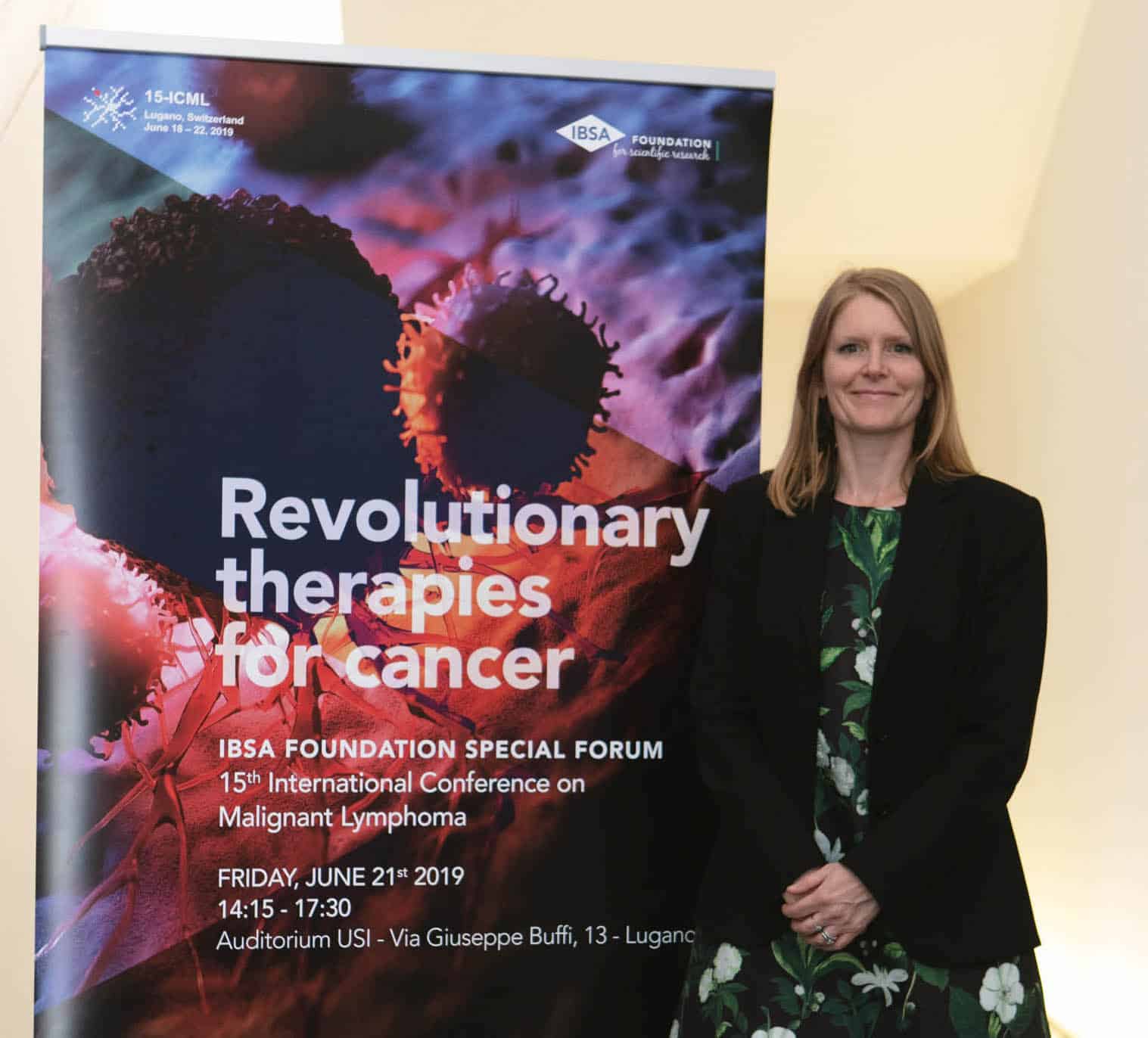
Photos
